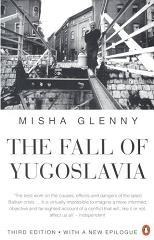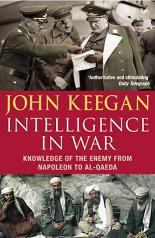Nine books read this month, of which five were rereads, all science fiction:
The End of Eternity, – Isaac Asimov.
The first Asimov novel I’ve read since at least 2001, an old favourite of mine, one of the first sf novels to introduce me to the idea of altering history.
The Big Time – Fritz Leiber.
Also an author I hadn’t read since at least 2001, another favourite and another time war novel. Brilliantly claustrophobic.
The Player of Games, Consider Phlebas and The Use of Weapons – Iain M. Banks.
The first three Culture novels, read in order from weakest to strongest. The first one was a breeze to read, I struggled a lot with Phlebas which felt a bit padded and Use of Weapons was not as amazing as the last time I’ve read it. Still incredibly good novels though, some of the best space opera ever written.
The Fall of Rome – Bryan Ward Perkins.
Short history of how the Roman empire ended, which spents much of its time argueing against the allegedly fashionably view that the Fall of Rome was highly exaggerated and in fact went almost unnoticed. However, though the author is very adamant in insisting this fall did happen and was a disaster, his own description does make clear the Gibbonian idea of civilisation collapsing with the end of the Roman Empire in the West is indeed wrong and the revisionists actually do have some grounds for their views. In short its rhetoric is much stronger than its disagreement.
The Diversity of Life – E. O. Wilson.
Very readable book explaining clearly how resilient and abundant life on Earth is, how ecosystems grow and evolve, how even large extinctions are repaired over time, only to break your heart in the end with the description of the human caused extinctions now going on. Especially after you realise that this was written sixteen years ago and things have only gotten worse…
Upheaval from the Abyss – David Lawrence.
enjoyable if sometimes slight history of the idea of continental drift and how it got accepted, as well as the mapping of the ocean floors and how this contributed to the acceptance of this theory.
The Celtic Empire – Peter Berresford Ellis.
Conventional but misleading general historic of the Celts up until the Roman conquest of Britain. Supposedly this is about the whole Celtic era from 1000 BC until 51 AD, but instead it largely focuses on the Roman wars against the various Celtic tribes. Lots of names and dates, not much attention to culture and all that good stuff. Not that I didn’t learn something, but it wasn’t quite the thing I was looking for.



